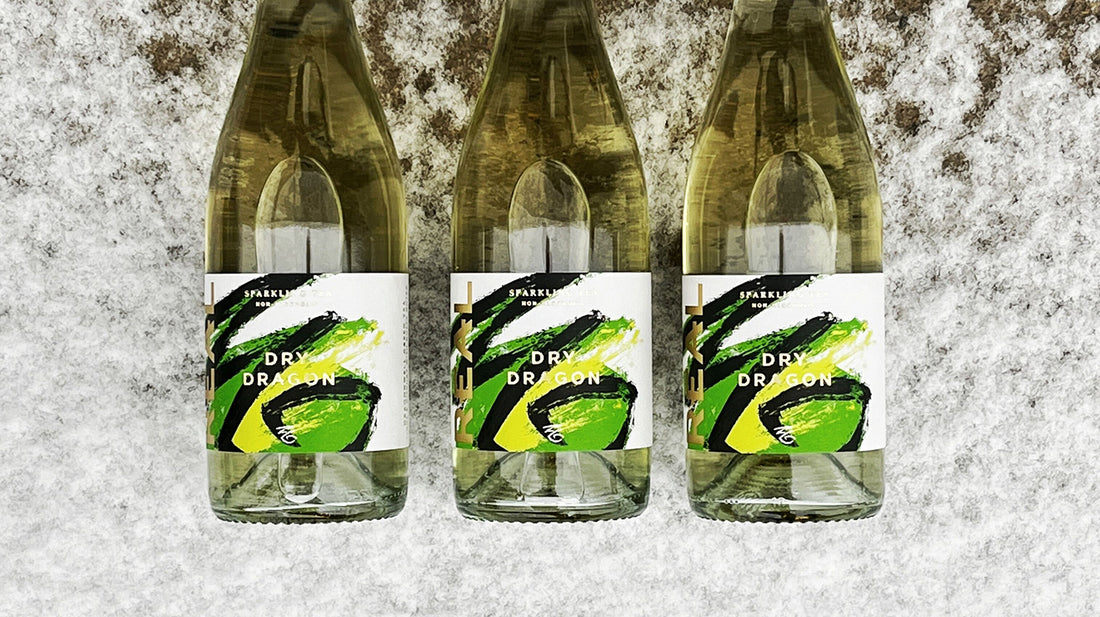With 55% of the UK moderating their alcohol consumption, the number of irregular, light or non-drinkers is increasing everyday. Are you part of the moderation generation?
In the UK, alcohol consumption peaked around 15 years ago in the mid 2000s. Back then, pop-culture was full of celebrities at parties and songs about drinking. Fastforward and binge drinking is no longer glamorised by the media as people’s lives have become busier, leading them to become more focussed on their health and lifestyle as a result. With nearly 29 million adults in the UK reevaluating their relationship with alcohol, the need for quality alcohol alternatives has never been greater.
It’s not long since an alcohol-free visit to a pub would have involved little more than tap water, lime and soda or maybe an elderflower presse drinks-wise, but it’s a different story now. Since Seedlip launched their 0% spirit in 2015 there has been a growing number of innovative brands disrupting the no/low category. This means that those who aren’t drinking now have a choice of great alcohol-free drinks that are just as tasty and sophisticated as the full-strength equivalent.
Who isn’t drinking?
After a surge of alcohol consumption during the covid lockdowns, there has been a general decline in drinking. The distribution of moderators vs. drinkers is heavily skewed towards the younger generations with 26% of people aged 16 to 24 now declaring that they are fully teetotal. The general feeling is that alcohol is somewhat on the way out. No alcohol is consumed during 29% of pub visits and 37% of restaurant meals. Gone are the days that a pint of beer or a glass of wine are the default order at the bar.
More and more people are looking to moderate their drinking. This doesn’t necessarily mean that they are going teetotal, but that they are giving that midweek glass of wine a miss, or ordering an alcohol-free beer at the pub when they know they’ve got plans early the next morning. In fact, 80% of people who have dabbled in non-alcoholic drinks also drink alcohol, showing that it’s not about cutting it out completely, but replacing it in certain situations. These situations need an alternative that tastes just as good but doesn't leave you with a terrible hangover.
What has caused this shift in behaviour?
Free time is hard to come by nowadays as people pack their lives full of activities, work and social plans. Whether you’re jumping on the tube to meet friends after a busy day at work or working on a side project to bring in that extra bit of cash, writing off a Saturday or Sunday due to a hangover just isn’t an option anymore. While the occasional day spent on the sofa recovering from the night before is sometimes needed, generally people simply no longer have the time to sacrifice a whole day to a hangover.Priorities have changed significantly over the last decade and even more so since the pandemic. Months at home during lockdowns, while frustrating, gave uninterrupted time to reevaluate what matters most to us, and it seems that alcohol no longer makes the cut.
Google searches for ‘sober curiosity’, a term coined by Ruby Warrington depicting those who are beginning to think about the possibility of cutting down on drinking, peaked in 2021 after the pandemic. As mentioned earlier, it’s not about cutting out alcohol completely; Warrington talks about ‘encourag[ing] a sober lifestyle without the pressure to give up alcohol’. Again, these people are interested in the benefits of moderating their consumption such as better sleep, greater focus and the lack of hangovers. So whereas sobriety has traditionally been associated with abstinence for those with alcohol disorders, the sober curious movement has redefined it as having an option to question or change drinking habits to promote health and wellness benefits.
So what are your options if you’re cutting down on alcohol?
In recent years there have been loads of great alcohol-free beer and spirits brands hitting the menus of your favourite pubs and on supermarket shelves around the world. Our favourites include Days for an alcohol-free lager full of flavour and Big Drop for a 0% IPA that tastes like the real thing, or Mother Root for their delicious ginger switchel that adds a real sophistication and punch to your favourite mixer. However, generally speaking non-alcoholic wine has been left a little unloved. This is where we come in.A grape-based non-alcoholic wine that tastes like the real thing is a tricky thing to come by. When a wine is dealcoholised the alcohol is removed but this often comes at a cost. Alcohol is a great carrier of flavour, so when you take out the alcohol you often have to rebuild the complexity using sugar as a vehicle for flavour. We do things differently.
Our Naturally Fermented Sparkling Teas are the product of over five years of R&D and innovation in the non-alcoholic drinks industry. We set out to create the perfect partner for food that is not full of sugar or artificial flavourings. We take the world’s finest hand-picked loose-leaf teas and ferment them for between three to five weeks with a select handful of hardworking microorganisms to create a non-alcoholic Sparkling Tea with all the depth and complexity of flavour as a fine wine just without the alcohol, naturally.
So if you’re looking for the REAL alternative to Champagne and Sparkling Wine then we’re here for you. Our Sparkling Teas are the preferred choice of some of the top chefs and sommeliers in the UK as a non-alcoholic Sparkling to pair with food. Unlike dealcoholised wines that are made at full-strength and then stripped of alcohol, we ferment our teas like wine to build in flavour from the start. This delivers a range of Sparkling Tea with all of the flavour and complexity you’d expect from a fine wine just without the alcohol.
So the question remains…are you part of the moderation generation?

